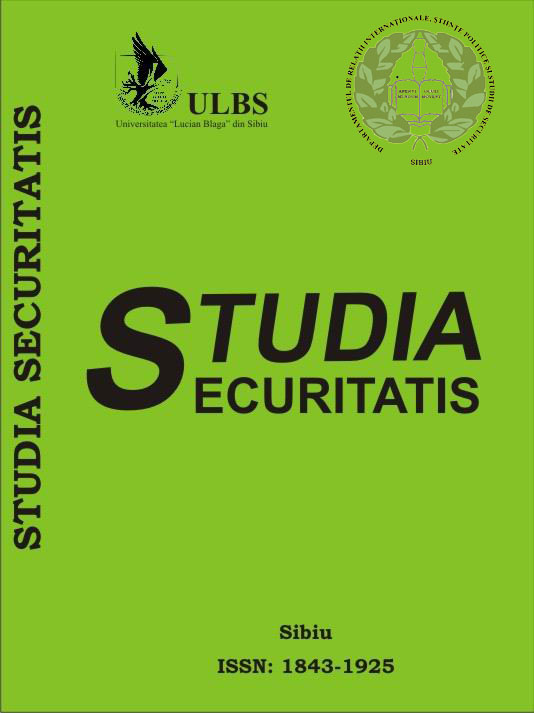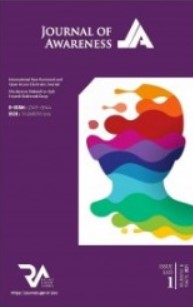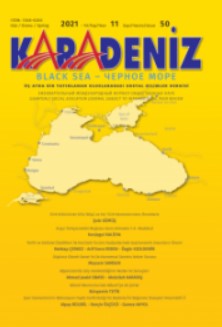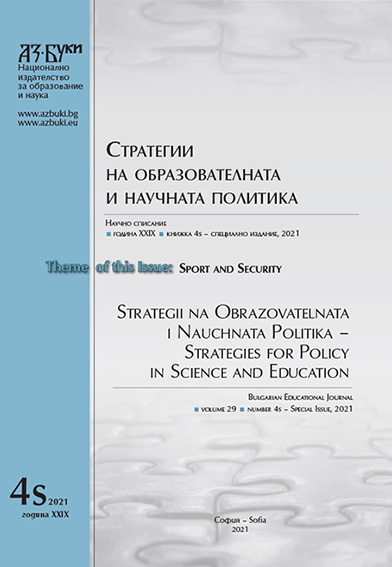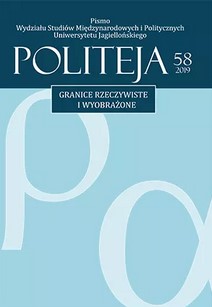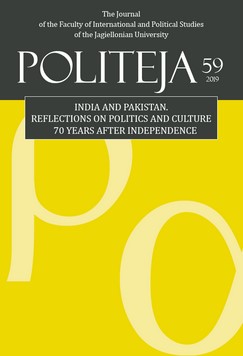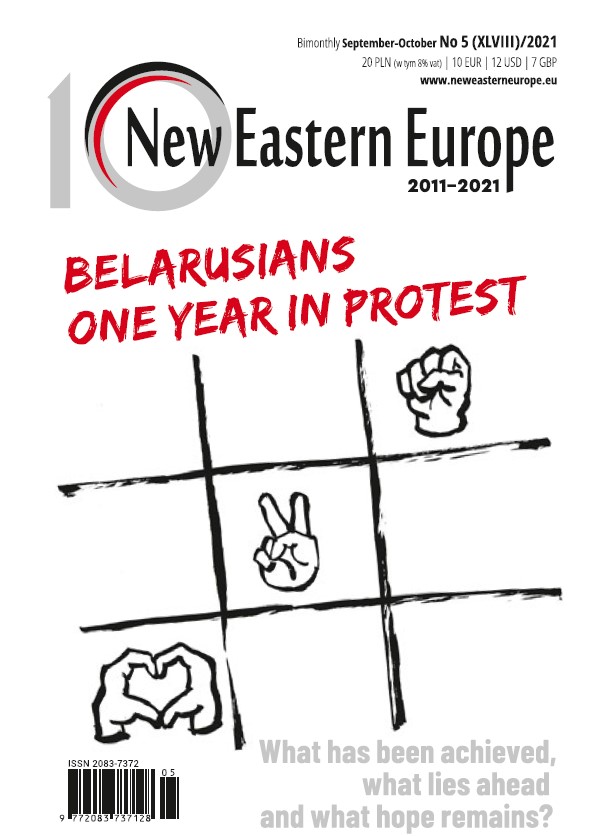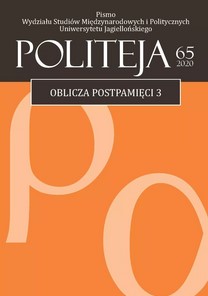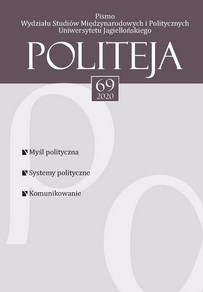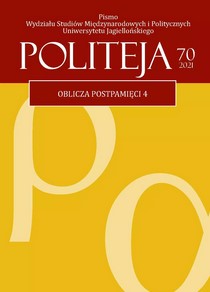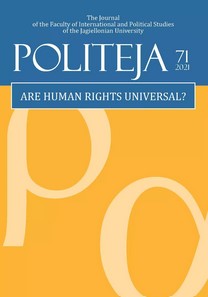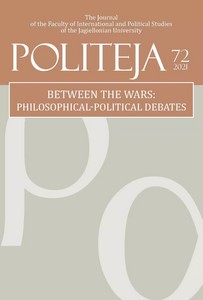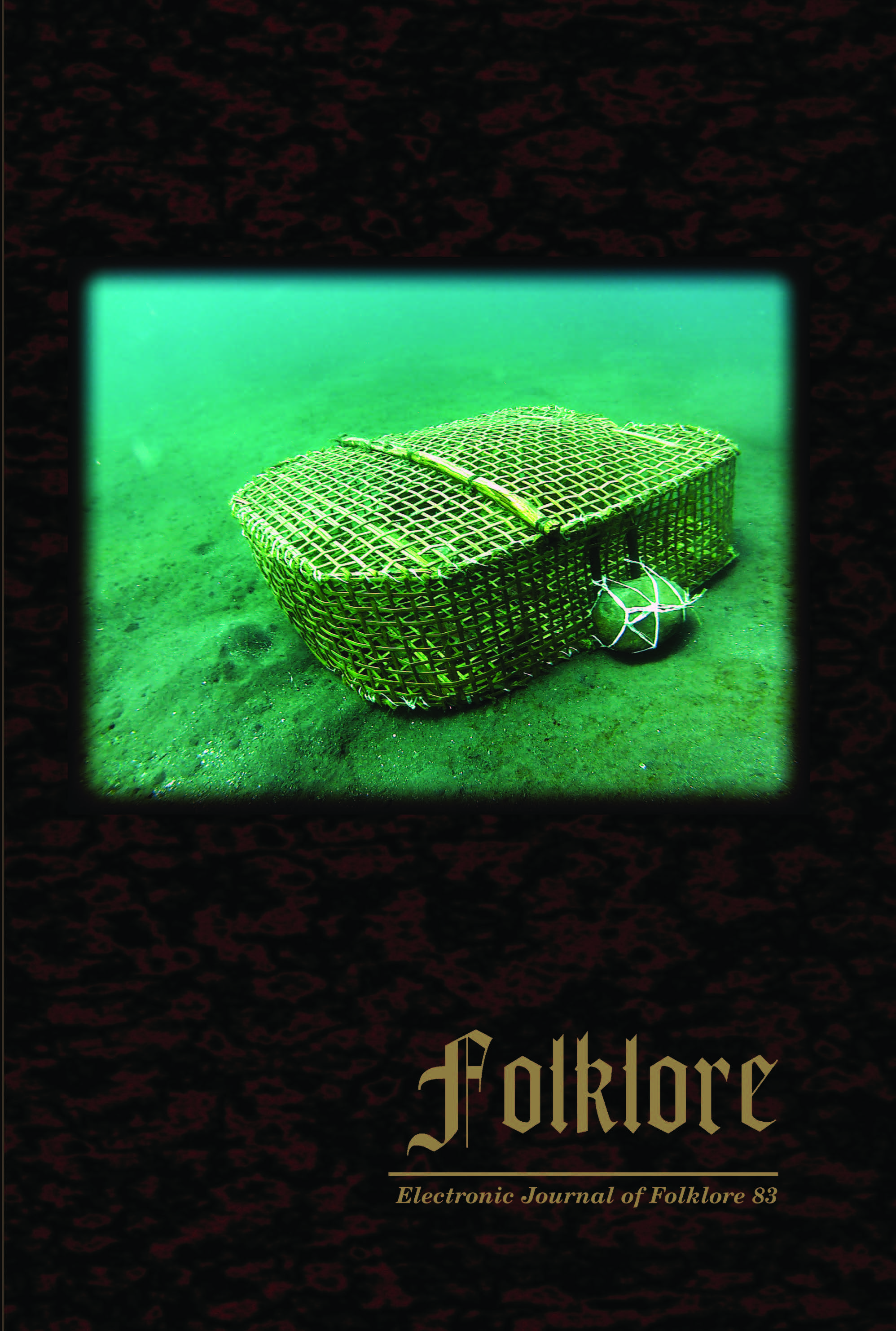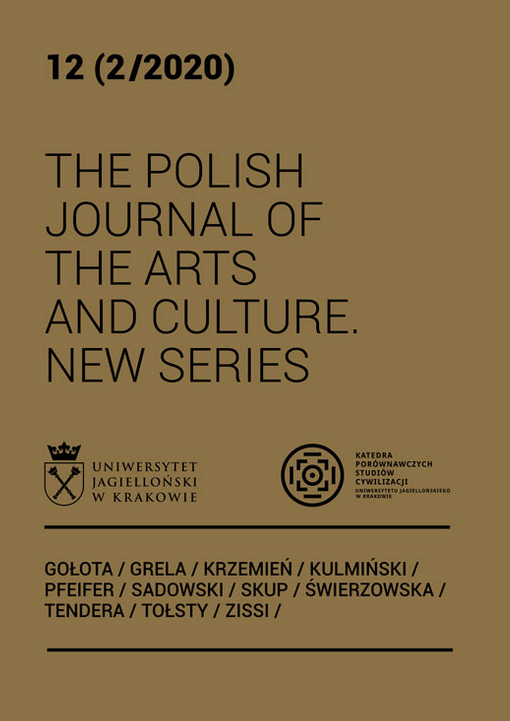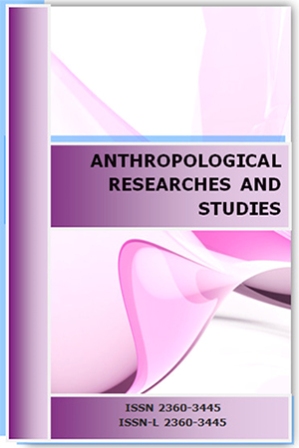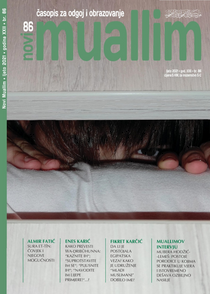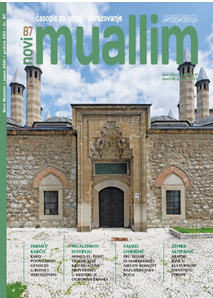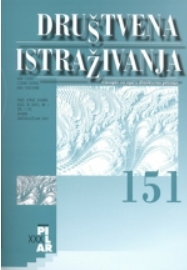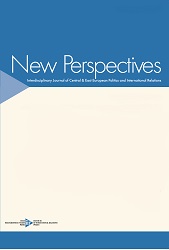
Prejudice, Hysteria and a Failure of Political Leadership: of Refugees and November 17 in Prague
American politicians’ xenophobic attitudes to refugees generate international controversy, while similar sentiments expressed by politicians in Prague pass largely unnoticed. Professor Derek Sayer argues that we should not ignore events in the Czech capital as, despite the efforts of historically inspired protestors, they increasingly reflect the dangerous spirit of 1939 rather than the more hopeful one of 1989. Most Americans would not have been too interested in reading about events in Prague in recent weeks. Their minds were on how to keep the homeland safe. In the aftermath of the ISIL attacks in Paris on November 13, presidential candidate Donald Trump considered how his managerial skills might help build a database of Muslims. He has since called for a ban on allMuslimentry to the United States.
More...
